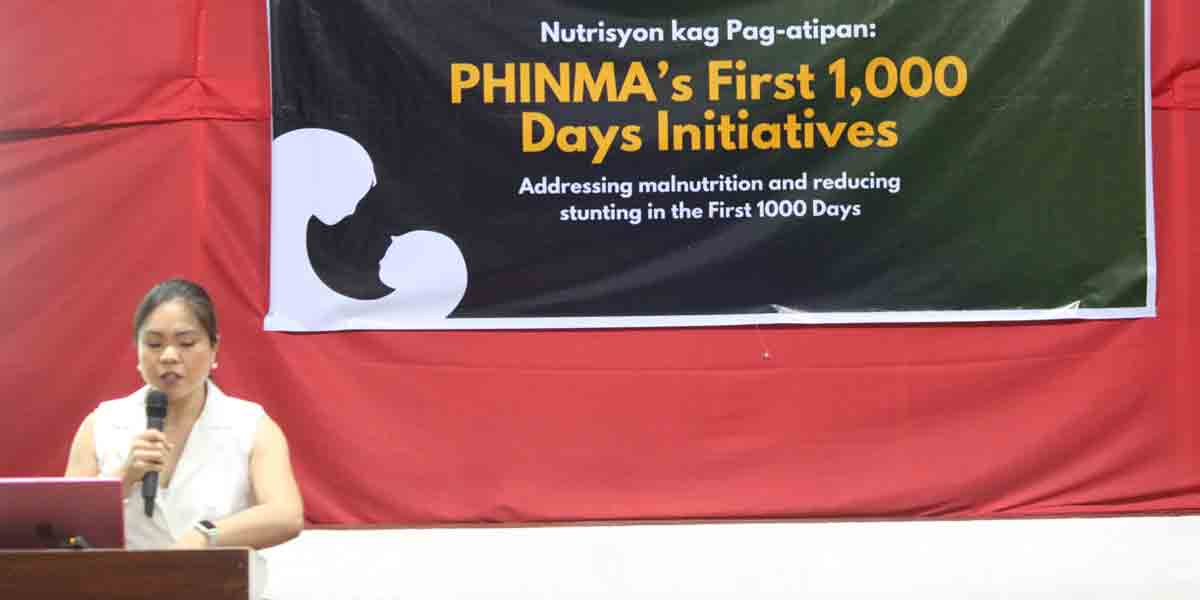
An expert from Cleveland Clinic will be shedding light on lesser known but increasingly prevalent neuroendocrine tumors at the World Congress of Gastroenterology 2022, an annual event being held in the Middle East for the first time this year, at the Dubai International Convention & Exhibition Centre, U.A.E., from 12-14 December.
Gastroenterologist Michelle Kang Kim, M.D., Ph.D., hopes to spread awareness on the diagnosis, biology and treatment of neuroendocrine tumors within her field of medicine at the event. Neuroendocrine tumors arise from the body’s hormone-producing neuroendocrine cells, with the majority of these tumors found in the digestive tract and referred to as gastroenteropancreatic neuroendocrine (GEP-NET) tumors.
“The incidence of these GEP-NET tumors has increased significantly over the past few decades,” says Dr. Kim, who is Chair of the Department of Gastroenterology, Hepatology and Nutrition with Cleveland Clinic’s Digestive Disease & Surgery Institute. “We suspect this might be because we are doing more scans and endoscopies, but there could also be environmental influences of which we’re not aware,” she adds.
Dr. Kim is among only a very few gastroenterologists to specialize in GEP-NET tumors in the U.S., and says that, in general, few gastroenterologists receive extensive training on the topic. However, given that these medical professionals are often the first to diagnose the tumors, Dr. Kim believes gastroenterologists have a unique opportunity to care for these patients. “A gastroenterologist is likely the first port of call for a patient with GEP-NET tumors if they experience digestive symptoms. In addition, these tumors are often found incidentally during screenings performed by a gastroenterologist, for example endoscopies or colonoscopies,” she explains.
“In order to make the best possible recommendations for patients with GEP-NET tumors, gastroenterologists should be aware of the broad range of biology of these tumors and corresponding treatment options,” Dr. Kim adds.
While there are sometimes no symptoms for GEP-NET tumors, when they are present, they are wide-ranging and also overlap with symptoms of other diseases, making diagnosis difficult, says Dr. Kim. Symptoms could include abdominal pain, nausea, vomiting, diarrhea, and gastrointestinal bleeding, and a diagnosis would need to be confirmed through a biopsy.
In general, GEP-NET tumors grow more slowly compared to others, and these are the type of tumors that could be managed by gastroenterologists trained in this area says Dr. Kim. “These indolent or slow-growing tumors can potentially be fatal, but they are treatable and the outcomes are better than for other types of tumors, especially if caught early,” says Dr. Kim
She explains that if the tumors are in locations such as the stomach, duodenum or rectum, it could be possible to remove them endoscopically, while in other areas of the digestive tract, surgery or other treatments might be needed.
Dr. Kim stresses that there are also aggressive types of GEP-NET tumors, where patients would be referred immediately to oncologists for appropriate treatment.
A global resource for GEP-NET tumors
Dr. Kim hopes to establish a center of excellence for researching and treating all types of neuroendocrine tumors at the Ohio campus of Cleveland Clinic. She and her team have already set up a registry and biobank of samples collected from patients to further research these types of tumors.
The multidisciplinary center of excellence would serve as a destination for treating neuroendocrine tumors, while its rare expertise in GEP-NET tumors would be shared not only with physicians in Cleveland Clinic’s global network, but also serve as a resource for other healthcare providers around the world – for example, via virtual second opinions – as well as for educators.
In her talk at The World Congress of Gastroenterology 2022, Dr. Kim will be focusing on GEP-NET tumors of the small bowel. The Congress is being held in partnership with the Emirates Gastroenterology and Hepatology Society.
























